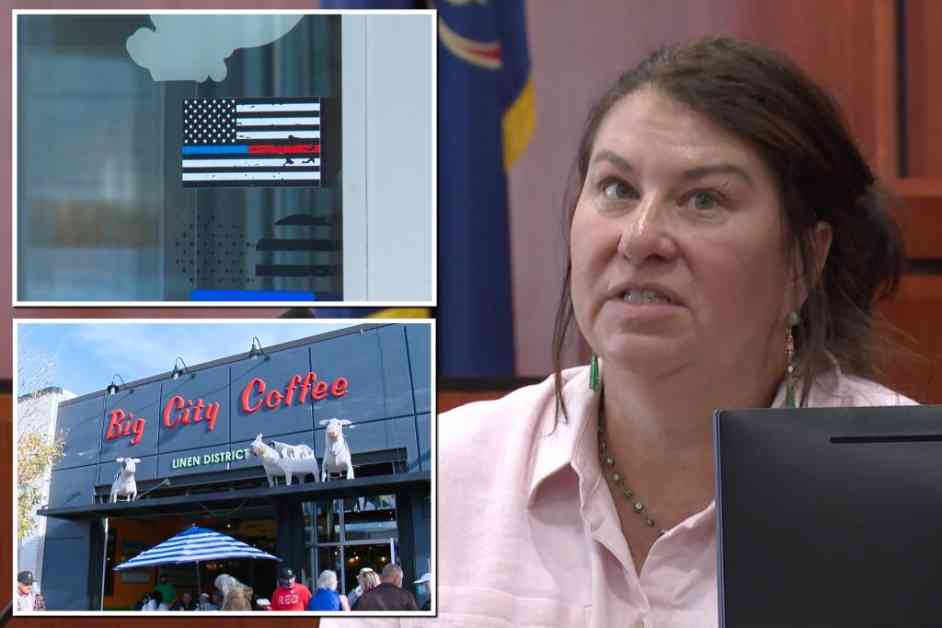Boise State University administrators have been ordered to pay Big City Coffee owner Sarah Fendley $4 million after a jury found that they violated her First Amendment rights in a dispute over her public support for law enforcement. The decision was made on September 13, with Fendley being awarded $3 million for lost business, reputational harm, emotional distress, and humiliation. An additional $1 million in punitive damages was awarded from the school’s former vice president of student affairs.
Fendley initially sued the university for $10 million when she closed her shop on campus in October 2020, claiming that the administrators were retaliating against her for expressing pro-police sentiments on social media. The university denied any retaliation, stating that Fendley was attempting to infringe on students’ speech rights. The controversy began when Fendley displayed a thin blue line sticker at her downtown Boise shop, which sparked outrage among student activists.
Despite the support for the police, Fendley found herself in the middle of a social media firestorm. The university administrators called a meeting with her to address the situation, but the meeting ended in a dispute, with both parties disagreeing on the outcome. Fendley’s attorney argued that the university’s decision to terminate her contract was a clear violation of her free speech rights and was premeditated.
The jury unanimously found that the university officials had infringed on Fendley’s First Amendment rights, leading to the significant award in damages. Fendley’s attorney accused the university of bowing down to a small group of student activists and failing to uphold free speech. The campus shop closed shortly after the meeting, further escalating the conflict.
While the university plans to appeal the decision, the case serves as a landmark ruling in upholding free speech rights for individuals, even when the views expressed are controversial. The outcome emphasizes the importance of protecting diverse opinions and viewpoints, regardless of the public response they may generate. It also highlights the need for institutions to carefully consider their actions when dealing with contentious issues that involve free speech.

